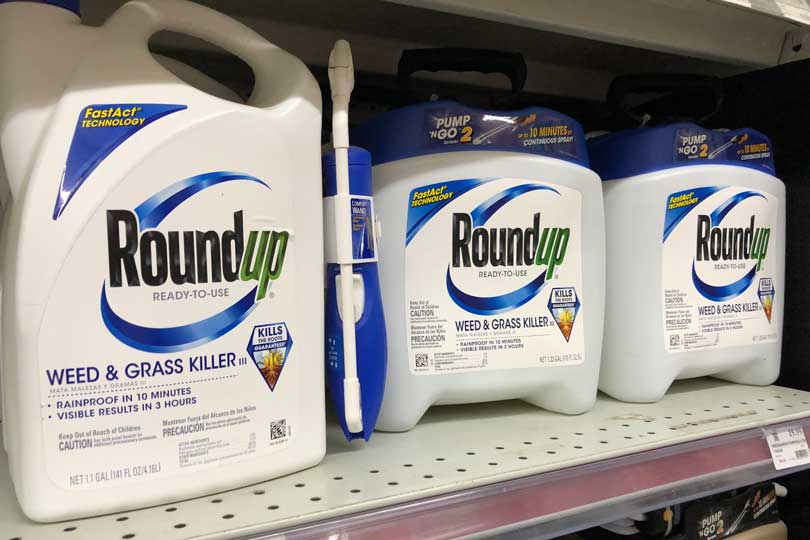By Jessica Domel
Multimedia Reporter
In a reversal from her tentative ruling issued Oct. 10, Judge Suzanne Bolanos has ruled she will not grant Bayer AG, on behalf of its asset Monsanto, a new trial with the school groundskeeper alleging Monsanto’s glyphosate-based herbicide Roundup caused his cancer.
Bolanos released her decision Monday, Oct. 22.
“In enforcing due process limits, the court does not sit as a replacement for the jury but only as a check on arbitrary awards,” Bolanos wrote. “The punitive damages award must be constitutionally reduced to the maximum allowed by due process in this case—$39,253,209.35–equal to the amount of compensatory damages awarded by the jury based on its findings of harm to the plaintiff.”
If the plaintiff, former school groundskeeper Dewayne Johnson, rejects the award, Bayer will be granted a new trial on the punitive damages only.
After the ruling, Bayer said it is a step in the right direction, but they intend to file an appeal because the verdict the jury reached was not supported by the evidence supported at trial, according to Reuters.
Johnson’s lawyers said Monday they are reviewing their options.
If they accept the award, a final verdict will be issued, ordering Monsanto to pay $78 million total for compensatory and punitive damages.
Johnson’s trial was the first of what is expected to be hundreds alleging Monsanto’s Roundup, a glyphosate-based weedkiller, causes cancer.
According to court documents, Johnson started using glyphosate-based herbicides in June 2012, applying them at least 30 times a year for the school system.
In October 2014, he was diagnosed with non-Hodgkin’s lymphoma (NHL).
He stopped using glyphosate in January 2016.
The trial followed June 18, 2018.
On Aug. 10, the jury awarded Johnson $250 million in punitive damages and $39 million in compensatory damages.
In its appeal, Bayer asked Bolanos to set aside the verdict, reduce the award or grant a new trial.
It appeared as though Bolanos was ready to grant a new trial in an Oct. 10 temporary ruling saying the plaintiff failed to meet his burden of producing clear and convincing evidence of malice or oppression by Monsanto, which is required for a jury to award punitive damages.
Since that time, five of the jurors on the trial urged Bolanos not to overturn their decision, saying it would demean the system of justice.
Glyphosate was first registered by the Environmental Protection Agency (EPA) in 1974.
It is one of the most widely-used agricultural and consumer pesticides in the world.
EPA, the National Institutes of Health, the United Nations’ Food and Agriculture Organization (UN FAO), European Food Safety Authority and officials in Australia, Canada, Japan, New Zealand and Germany have found glyphosate is unlikely to pose a human cancer risk.
A review by the UN FAO and the World Health Organization (WHO) said it is also unlikely to be genotoxic to humans.
A manuscript published by the Journal of the National Cancer Institute in November of 2017 focused solely on glyphosate and examined risks for all cancer in humans. The paper said the Agriculture Health Study data on NHL has been consistent, showing no association with glyphosate exposure and cancer risk overall.
Johnson’s attorneys pointed to the 2016 monograph issued by the WHO’s International Agency for Research on Cancer (IARC) stating glyphosate is a probable carcinogen.
In a hearing before the House Science Committee on glyphosate, Dr. Anna Lowit, senior science advisor for the Office of Pesticide Programs at EPA, said their assessment considers how toxic a chemical may be, what exposures may occur to a chemical and the issues and uncertainties associated with a calculated risk.
She said IARC only considered data that has been published or accepted for publication and does not consider exposure. Instead, they base their decision on the hazard of a chemical.
Johnson’s lawyers have until Dec. 7 to accept the $78 million award for compensatory and punitive damages combined.
If they refuse, a new trial on the punitive damages alone will be granted to Bayer on behalf of Monsanto.

